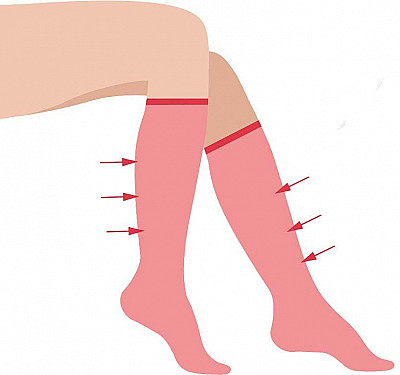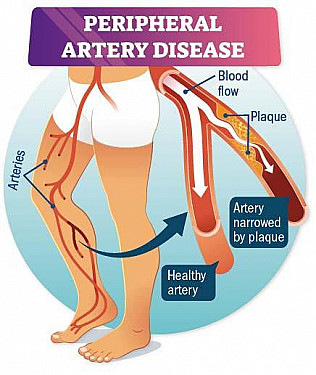My calcium score is over 2,000. What’s next?
Ask the doctor

Q. I am 62, and my cholesterol has always been borderline high. My primary care physician recommended a coronary artery calcium scan, and my score was 2,031. I didn’t realize the score could get that high! What do you recommend for patients like me?
A. That is indeed a very high score, but scores in that range are not uncommon-in fact, I saw three patients with scores higher than 1,000 during one recent week. And the highest score I've seen was over 5,000.
A calcium scan is a simple, low-radiation screening test for coronary artery disease. As I explain to my patients, when we see calcium in the arteries, that indicates the presence of cholesterol-rich plaque building up inside the artery. We often can get a more detailed picture of the plaque with coronary CT angiography (see "A faster, more accurate way to diagnose heart disease?" in the May 2025 Heart Letter). However, for people like you with a very high calcium score, that test-which involves more radiation and an injection of contrast dye-isn't always accurate, due to visual interference from the large amount of calcium.
Studies show that people with a calcium score of zero have a very low risk of heart attack, stroke, or death from cardiovascular disease over the following five to 10 years. But the higher the calcium score, the higher the risk of heart-related problems. Indeed, people with a calcium score above 1,000 have a risk of heart attack or stroke similar to those who have already had a heart attack. As such, it's very important to take measures to stabilize the coronary plaques, which will lower your risk of heart attack. Ask your physician to refer you to a cardiologist to oversee this care.
He or she will likely prescribe a statin or other cholesterol-lowering drugs to reduce your LDL. A low LDL (70 milligrams per deciliter or lower) will replace cholesterol inside the plaque with scar tissue. This helps to stabilize the plaque and lowers your risk of a heart attack. You should also check your level of lipoprotein(a), or Lp(a)-another type of harmful cholesterol that contributes to plaque and very high calcium scores. Therapies to lower this type of cholesterol are in the final stages of testing. Your cardiologist may also suggest you start taking low-dose aspirin, which helps prevent blood clot formation if the plaques rupture. This can help prevent or reduce the size of a heart attack.
If you have any symptoms such as chest discomfort or shortness of breath when you're physically active, I would recommend an exercise stress test, which checks for evidence of decreased blood flow to the heart. Severely narrowed arteries may warrant intervention-usually an artery-opening angioplasty and placement of a stent to prop open the vessel.
This article is brought to you by Harvard Health Online+, the trusted subscription service from Harvard Medical School. Subscribers enjoy unlimited access to our entire website, including exclusive content, tools, and features available only to members. If you're already a subscriber, you can access your library here.
Chest scan image courtesy of Ronald Blankstein, MD
About the Author

Christopher P. Cannon, MD, Editor in Chief, Harvard Heart Letter; Editorial Advisory Board Member, Harvard Health Publishing
Disclaimer:
As a service to our readers, Harvard Health Publishing provides access to our library of archived content. Please note the date of last review or update on all articles.
No content on this site, regardless of date, should ever be used as a substitute for direct medical advice from your doctor or other qualified clinician.
















